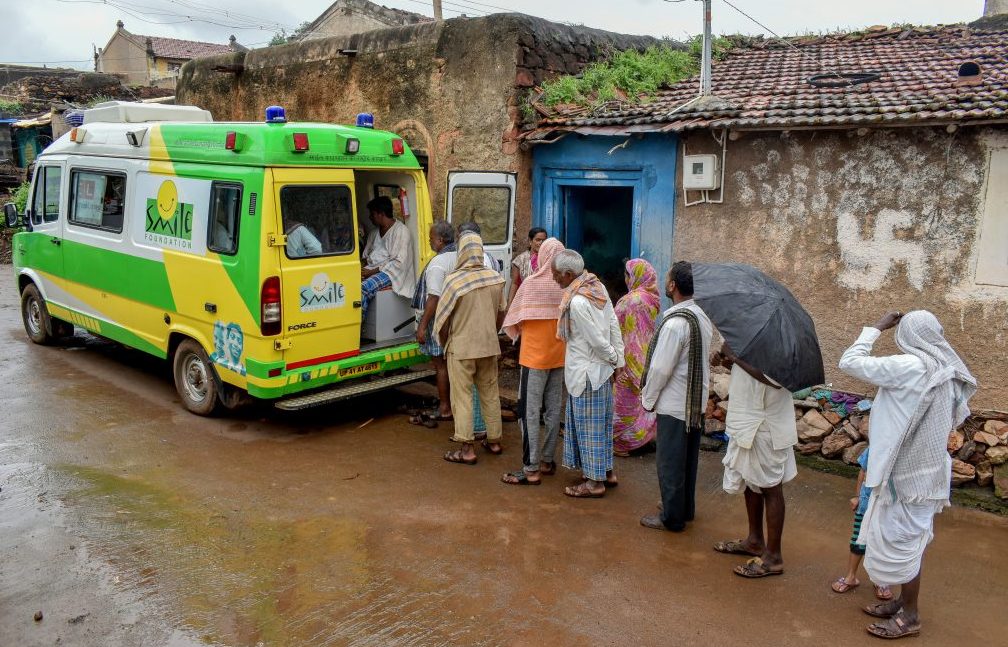The healthcare challenges in India are diverse and deeply rooted. Accessibility remains a significant hurdle, especially in remote rural areas where healthcare facilities are sparse. Quality healthcare often eludes the economically disadvantaged, leading to a stark divide in health outcomes. Issues such as inadequate infrastructure, a shortage of skilled healthcare professionals, and the burden of communicable and non-communicable diseases further compound the challenges.
The Indian government has undertaken various initiatives to address healthcare challenges. Schemes like Ayushman Bharat, with its two major components – Health and Wellness Centers for primary healthcare and Pradhan Mantri Jan Arogya Yojana for secondary and tertiary care, aim to provide financial protection and healthcare access to millions. While these initiatives are commendable, the sheer scale of the healthcare needs in India necessitates collaborative efforts from various stakeholders.
The private sector has also played a significant role in India’s healthcare landscape. The growth of private hospitals, clinics, and diagnostic centers has expanded access to specialized medical services. However, the high costs associated with private healthcare make it unaffordable for a substantial section of the population. The challenge lies in striking a balance between quality and affordability.
Healthcare Initiatives by Nonprofits
Nonprofits, driven by a commitment to social welfare, have emerged as pivotal players in enhancing healthcare in India. These organizations operate on the ground, identifying specific needs, and tailoring interventions to address the gaps left by government and private initiatives. nonprofits often focus on marginalized communities, ensuring that the most vulnerable populations receive the care they desperately need.
- Accessibility in Remote Areas: Nonprofits play a vital role in reaching remote areas where healthcare facilities are scarce. Mobile medical units, telemedicine, and community health workers employed by development organizations contribute significantly to bringing healthcare services to the doorstep of underserved communities.
- Primary Healthcare and Preventive Measures: By emphasizing primary healthcare and preventive measures, nonprofits contribute to reducing the burden of diseases. Initiatives that focus on maternal and child health, immunization drives, and awareness campaigns have a lasting impact on community well-being.
- Capacity Building: Nonprofits actively engage in capacity building by training local healthcare workers and creating awareness about health issues. This grassroots approach ensures that communities are equipped to handle health challenges independently.
- Specialized Care for Vulnerable Groups: Nonprofits often specialize in catering to specific vulnerable groups, such as children, women, and those affected by communicable diseases. Tailored healthcare programs address the unique needs of these groups, ensuring comprehensive care.
- Advocacy and Policy Influence: Many nonprofits engage in advocacy efforts to influence healthcare policies. By providing data-driven insights and highlighting gaps in the system, they contribute to shaping policies that prioritize the health needs of the population.
Health Cannot Wait initiative of Smile Foundation
Smile Foundation, through its health initiative, Health Cannot Wait has been instrumental in providing healthcare access to underserved communities. By operating mobile health vans, organizing health camps, and running community health programs, Smile Foundation has made significant strides in ensuring that healthcare reaches the grassroots.
By addressing accessibility, emphasizing preventive measures, and tailoring solutions to specific communities, Smile Foundation contributes significantly to elevating healthcare outcomes in India.
The collaborative efforts of government, private sector, and nonprofits are essential for building a resilient healthcare system that meets the diverse needs of the population. As we navigate the complexities of healthcare in India, it is clear that the role of nonprofits is not just supplemental but foundational in shaping a healthier and more equitable future for all.



